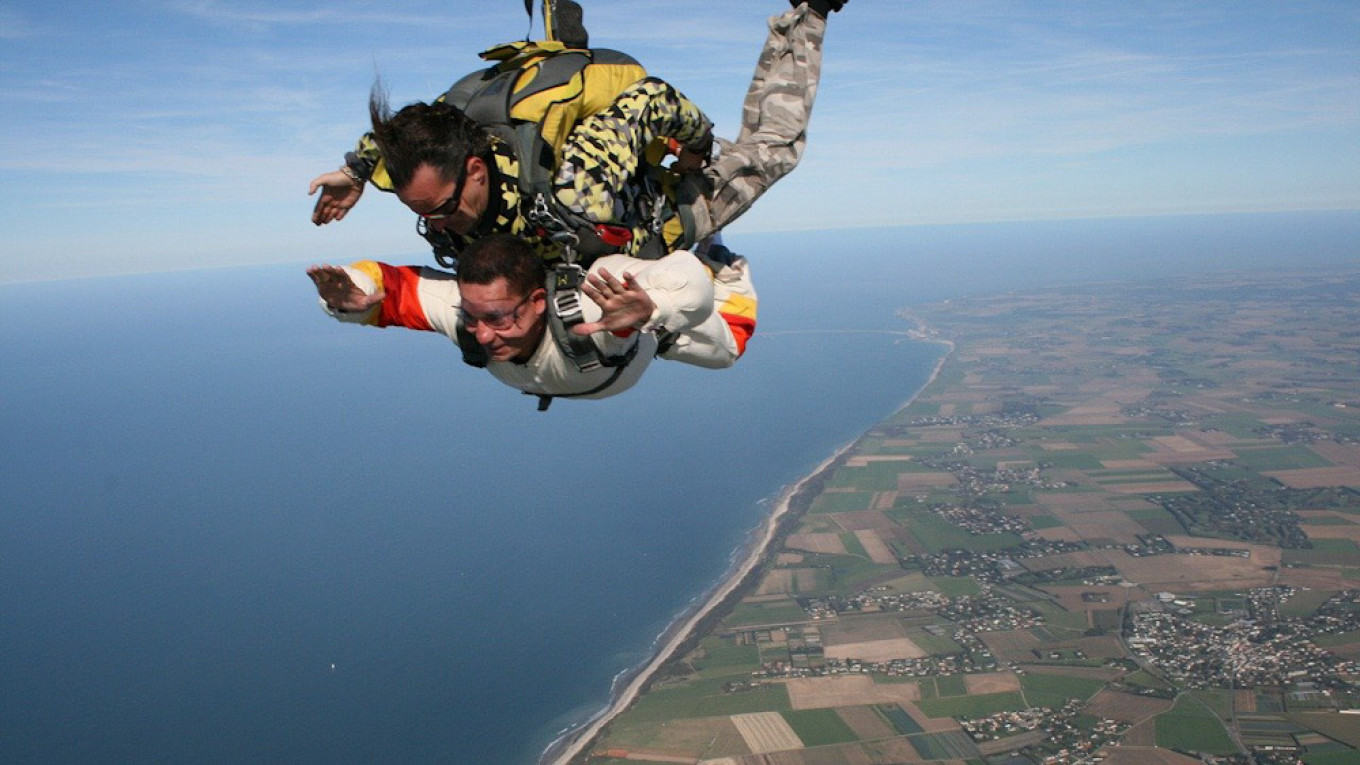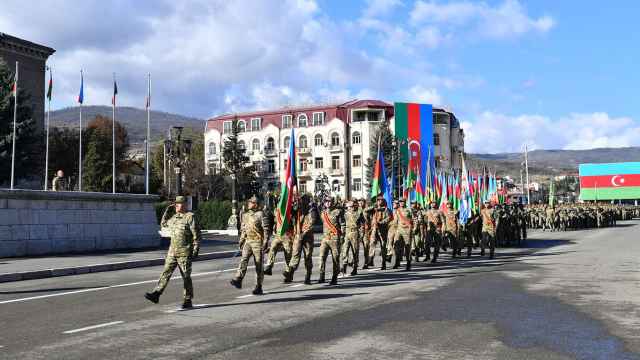Смельчак: braveheart, daredevil
Every year at the end of April and beginning of May in Russia, we all read, hear and think about bravery, mostly the courage of men, women and children during the horrific war 76 years ago — acts of courage that are now almost incomprehensible to us. That was true bravery.
But then there’s a different kind of bravery, the kind that is half courageous and half foolish, or has an element of showing off — like the slightly inebriated guy who climbs 50 meters up a tree to rescue a cat. His buddies might consider him brave; his mother will call him Идиот! (Idiot!) and possibly give him a smack — followed by a tight embrace.
In Russian the pure forms of bravery start with мужество, which is full-on courage. Мы должны иметь мужество видеть зло мира и бороться с ним (We must have the courage to see the evil of this world and fight it). Often it is as hard to speak out as it is to fight with your fists: Он имеет мужество поступать согласно своим убеждениям (He has the courage to act in accordance with his principles).
Another word for true bravery is отвага, which came to Russian from German (wagen — to dare, take risks) via Polish (it seems). It is the word used for military medals: 9 мая я звоню своей бабушке ― она провела четыре года на фронте, освобождала Варшаву, получила контузию и медаль “За отвагу” (On May 9 I call my grandmother — she spent four years at the front, liberated Warsaw, got a concussion and the medal “For Valor.”)
People like that grandmother often have a rare characteristic: бесстрашие (fearlessness). It is, indeed, a mixed blessing: Она не могла точно определить ни причины своего странного бесстрашия, ни даже того, радоваться ему или печалиться. (She could not precisely determine the reason for her strange fearlessness or even if she should be happy or sad about it). As someone else asked: Тотальное бесстрашие ― которого так хочется иной раз ― не разновидность ли тупости и слепоты? (Total fearlessness — that one longs for at times — isn’t it a type of stupidity and blindness?)
Храбрость (courage, bravery) is defined as отсутствие страха перед опасностью, мужество и решительность в поступках (absence of fear in the face of danger, bravery and decision action). Most of the time it refers to truly heroic acts of courage: Мы победили благодаря усилиям, труду и храбрости наших солдат (We won thanks to the efforts, work and courage of our soldiers). But in other contexts it can be used to describe more personal forms of courage: Набрался храбрости, позвонил Гале и всё ей высказал (I plucked up the courage to call Galya and tell her what I think).
And then there is смелость (audacity) which is bravery mixed with a bit of brashness. This is often used in some common expressions for saying what you think. One editor said: Я беру на себя смелость определять, что хорошо, а что плохо: что годится в номер, а что ― ни в коем случае (I have the guts to determine what’s good and what’s bad — what’s right for the issue and what shouldn’t go in under any circumstances). And someone else described a friend in admiring terms: Человек с невероятной смелостью мысли (A person of extraordinary courage of thought). Alas, sometimes it’s a bit weak: У самой двери он лишился остатков смелости и прошагал мимо. (Right at the door he lost his nerve and walked past.)
Someone who is смелый (plucky) can be called смельчак (daredevil). This is an excellent word to describe the tipsy cat-rescuer. There is almost always an element of excessive risk in the actions of смельчак: Смельчаки догнали разбойника и попытались отнять сумочку. (Those daredevils caught up to the robber and tried to take back the purse). And the problem is this: Жизнь может превратить смельчака в героя или бандита (Life turns those cocky guys into either heroes or gangsters).
There are two other terms used to describe people in the space between true courage and idiotic but gutsy showing off. They are both old words rich with association: удаль, from the verb удаться (to succeed) and ухарство, from ухарь (someone who shouts) and ух! (a shout, that is, what you shout while doing something wildly dangerous). I asked a friend where these words fall on a scale of one to five, if one is thoroughly admirable bravery and five was idiotic showing off. He said they’d both probably be a two — stupid risk-taking, but admirable and perhaps the right thing to do.
Which just goes to show how tricky courage is.
Here’s an interesting self-assessment: Я ж пригородная шпана: днём, на свету, ― удаль, ухарство, показуха; наедине с собой ― смирен и почтителен. (After all, I’m a street kid from the city outskirts. During the day — bravado, swagger, showing off. By myself — meek and deferential). Someone else comments on a tale of daring-do: Я считаю эту историю примером безрассудного ухарства, а вовсе не храбрости (I regard that story as an example of senseless swagger and not bravery).
And finally, hitting a perfect five on the show-off scale is молодечество, which describes senseless, thoughtless acts of bravado — more foolhardy than noble. If мужество is related to мужчины (men), молодечество (bravado) is associated with молодость (youth). Кулачные бои можно считать олицетворением культа силы и молодечества (Fist-fight tournaments can be considered the embodiment of the cult of strength and foolhardy displays of courage).
And so, mothers and fathers, when your kid climbs that tree to rescue a cat — I give you my sympathy while cheering him on.
A Message from The Moscow Times:
Dear readers,
We are facing unprecedented challenges. Russia's Prosecutor General's Office has designated The Moscow Times as an "undesirable" organization, criminalizing our work and putting our staff at risk of prosecution. This follows our earlier unjust labeling as a "foreign agent."
These actions are direct attempts to silence independent journalism in Russia. The authorities claim our work "discredits the decisions of the Russian leadership." We see things differently: we strive to provide accurate, unbiased reporting on Russia.
We, the journalists of The Moscow Times, refuse to be silenced. But to continue our work, we need your help.
Your support, no matter how small, makes a world of difference. If you can, please support us monthly starting from just $2. It's quick to set up, and every contribution makes a significant impact.
By supporting The Moscow Times, you're defending open, independent journalism in the face of repression. Thank you for standing with us.
Remind me later.








